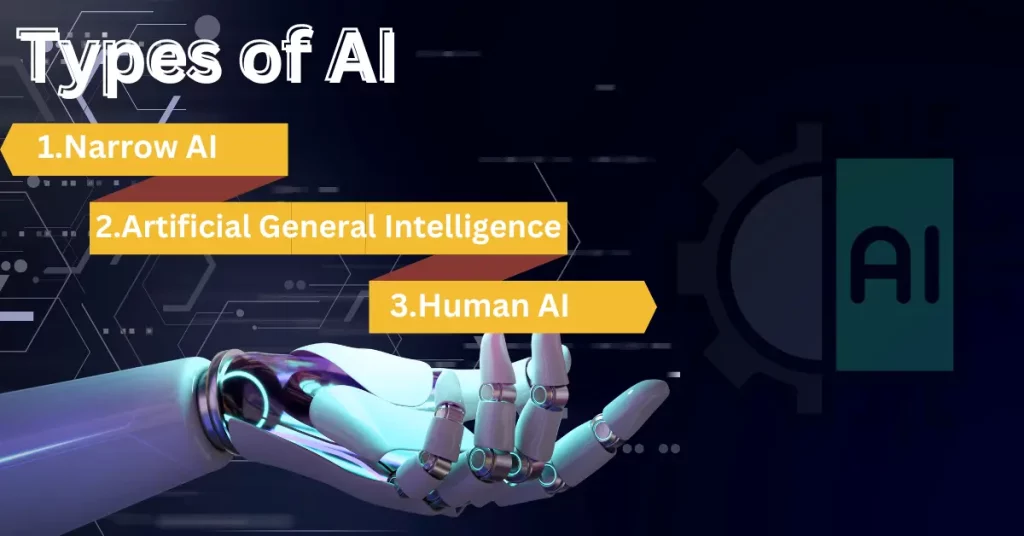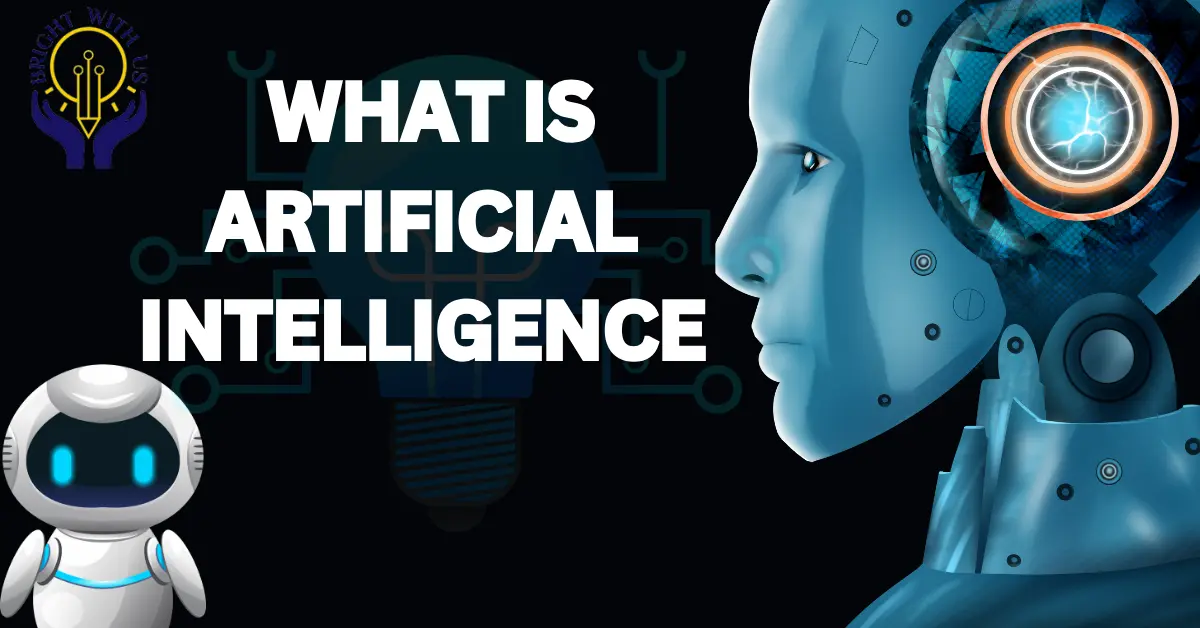Introduction
Artificial intelligence (AI) has emerged as a revolutionary force in today’s fast-paced technology environment, transforming businesses and altering how we connect with the outside world. This article will guide you on a journey toward understanding the fundamentals of learning artificial intelligence, as well as its kinds, applications, benefits, and bright future.
Artificial intelligence is reshaping the future of freelancing in Pakistan by automating routine tasks, enabling remote collaboration, and increasing opportunities in fields like AI development, data science, and digital marketing, making it a dynamic and promising sector for freelancers.
1. What is Artificial Intelligence (AI)?
The area of computer science known as artificial intelligence, or AI, is concerned with developing machines that are capable of carrying out operations that ordinarily call for human intelligence. Machine learning, deep learning, and natural language processing are only a few of the many approaches included in the history of artificial intelligence (AI).
2. How Does Artificial Intelligence Work?
Massive volumes of data are processed by AI systems, which then base their choices on patterns and algorithms. Deep learning and machine learning are two essential types of AI.
Machine Learning (ML):
ML is a branch of AI that gives systems a way to learn from data and develop over time. In order to make predictions or choices, it involves developing algorithms on massive datasets. Common ML techniques include supervised learning, unsupervised learning, and reinforcement learning.Deep Learning (DL):
Artificial neural networks are used in deep learning, a branch of machine learning, to model and resolve complicated issues. It excels at tasks like speech recognition, image identification, and natural language understanding. Deep learning algorithms replicate the neural network of the human brain by using numerous layers of interconnected nodes.
3. Types of AI

Based on its powers and functionalities, AI can be divided into several types:
Narrow AI (Weak AI):
Narrow AI is created to carry out particular tasks, such as self-driving cars, recommendation engines, and virtual personal assistants like Siri or Alexa.Artificial General Intelligence (AGI):
A machine with AGI can complete any intellectual work that a human can by mimicking human intelligence. A tough objective for AI researchers continues to be AGI.Human Artificial Intelligence (HAI):
HAI is a concept that combines human and artificial respiration and envisions a time when they work together without any friction.
4. Applications of AI
Due to its flexibility, AI is now widely used in a variety of fields and applications:
Healthcare:
AI supports specific treatment planning, medication discovery, and medical evaluation.Finance:
It drives chatbots for customer care, trading algorithms, and fraud detection.Autonomous Vehicles:
Self-driving cars can navigate and make choices in real time on the roads.Retail:
AI is used by e-commerce platforms for forecasting demand, handling stock, and product suggestions.Manufacturing:
Robots powered by AI in the manufacturing industry eliminate monotonous jobs and boost production effectiveness.Natural Language Processing (NLP):
Human-computer interactions are being improved through NLP applications like chatbots and language translation.
5. Advantages and Disadvantages of AI
Advantages:
Efficiency:
Compared to humans, AI systems can complete jobs more quickly and correctly.24/7 Availability:
AI can operate continuously and doesn’t need to take breaks.Data Analysis:
Large datasets can be processed and analyzed for conclusions and forecasts.Repetitive Tasks:
AI is excellent at routine, repetitive jobs, which minimizes human mistakes.
Disadvantages:
Lack of Creativity:
AI is not creative as humans are, thus it might have trouble with activities requiring inspiration or empathy.Data Dependency:
The effectiveness of AI significantly depends on high-quality data, and biased data might result in biased choices.Privacy Concerns:
Privacy issues arise with the gathering and analysis of personal data for AI.Job Displacement:
Artificial intelligence-driven automation could result in employment losses in some sectors.
6. Future of AI
The future for AI is huge. Research developments in AI are anticipated to result in:
Enhanced AGI:
AGI is still a long way off, but work is still being done to create AI systems that are increasing powerfully.Human-AI Collaboration:
AI will work more closely with people, improving productivity and judgment.Ethical AI:
Making sure AI systems are created and used ethically, openly, and fairly will become increasingly important.AI in Education:
Education will change as a result of individualized learning and tutoring systems powered by AI.AI in Healthcare:
AI will keep advancing telemedicine, medication discovery, and disease diagnostics.
Conclusion
The field of artificial intelligence is one that is constantly evolving and has already had a significant impact on many facets of our life. In order to navigate the AI-driven future, it is essential to understand what AI is, how it operates, its various types, applications, and any possible benefits and drawbacks.
We must address ethical and social issues as AI develops while utilizing its potential to build a better, more productive, more innovative world.
FAQs
1. What is the difference between AI and machine learning?
Machine learning, a branch of AI that focuses on teaching computers to execute jobs better through data analysis, focuses on developing systems that can accomplish tasks that require human intellect.
2. What are some examples of AI applications in daily life?
Applications of AI include email spam filters, recommendation systems, and virtual assistants like Siri. They also drive language translation, social media posting recommendations, and navigation apps.
3. Is AGI the same as human intelligence?
AGI attempts to mimic human intellect, although it is not a perfect imitation. AGI systems are capable of carrying out every cognitive activity that a human is capable of, but they might not have feelings, consciousness, or emotions.
4. What are the ethical concerns surrounding AI?
Biased algorithms, data privacy, employment displacement, and the possibility that AI will be exploited maliciously are just a few ethical concerns. To solve these problems, ethical AI development and application are essential.

